Zimra flags Beitbridge as corruption hotspot
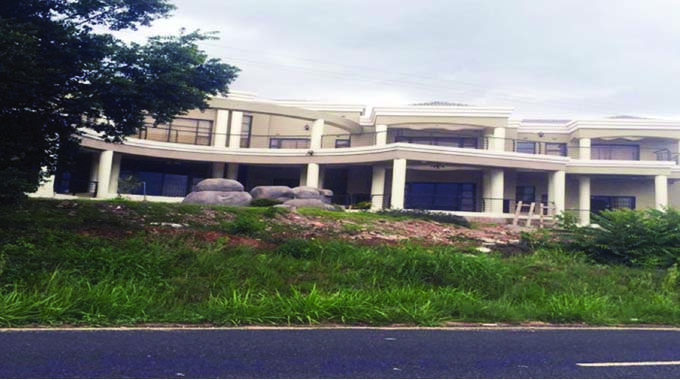
Mashudu Netsianda
Senior Reporter
BEITBRIDGE Border Post, the country’s busiest inland port of entry, has been identified as the country’s major corruption hot spot, with some Zimbabwe Revenue Authority (Zimra) officials under investigation after building mansions in Harare.
Zimra is investigating three Beitbridge-based revenue officers who built mansions in Harare, but failed to account to their employer how they raised the money following a lifestyle audit. The revenue authority could, however, not release the names of the officers since the matter is still under investigation.
This emerged during a stakeholders’ workshop on the progress made in the fight against corruption held in Bulawayo recently.
Presenting a lifestyle audit report to parliamentarians and other stakeholders during the meeting, Zimra loss control manager Mr Selleck Mapfeka said lifestyle auditing or monitoring is a basic comparison of one’s proceeds or sources of income against how it is utilised.
It is an accountability tool which is conducted when the visible lifestyle or standard of living of an individual appears to exceed their known income levels.
“We are currently investigating three officers who built mansions in Harare, but failed to explain how they acquired the wealth following a lifestyle audit,” he said.
Mr Mapfeka said corruption is more pronounced at Beitbridge Border Post and urged Government to consider extending the lifestyle audits to other stakeholders operating at the border post.
“We also have another officer who built a block of flats and he has since resigned. The lifestyle audit also revealed that some Zimra revenue officers based in Beitbridge had six properties acquired through shady deals at the border,” he said.
Mr Mapfeka also mentioned the case of a former Beitbridge-based Zimra revenue officer Mr Kennedy Nyatoti, who made history by becoming the first person to lose assets under the country’s civil-based asset forfeiture law when his US$150 000 mansion in Harare and US$10 000 car were forfeited to the State.
Nyatoti joined Zimra in 2014 aged 25 and two years down the line he got married and paid lobola of US$10 000. In 2017, he took his family for a holiday to China and spent US$15 000.
During the same year, Nyatoti bought a residential stand for US$24 000 and under-declared that it was worth US$18 000. He built and completed his house in five months.
“We investigated Kennedy Nyatoti, who was based at Beitbridge Border Post, which is a major a hot spot for corruption, and he failed to explain the source of his wealth following a lifestyle audit,” he said.
Mr Mapfeka said Nyatoti’s ill-gotten wealth emanated from fraudulently clearing immigrants’ rebates for people not qualifying to bring in goods duty-free under the rebate facility.
After Nyatoti failed to declare his assets, the National Prosecuting Authority (NPA) made a court application for civil forfeiture in terms of the amended Money Laundering and Proceeds of Crime Act. The High Court then ordered forfeiture of the mansion and the car.
Police recovered the forfeited assets and subsequently handed them over to the Zimra asset management unit. Previously, the State could only apply for forfeiture after a conviction for a corruption-related offence.
However, the law now allows the State to apply for forfeiture under civil rules even without instituting criminal proceedings.
“We need a lifestyle audit for all border stakeholders. While as Zimra, we conduct lifestyle audits for our staff, others seconded at the ports of entry are not conducting lifestyle audits,” he said.
“In fact, you have someone deployed at Beitbridge border and shockingly, within a short period of time, they are now driving posh cars and building mansions. We need to fight corruption to the end. We are, therefore, saying all people deployed at the ports of entry should be subjected to lifestyle audits.”
Mr Mapfeka said most of the assets are being recovered through inter-agency collaborations and involvement of the NPA through prosecutor-guided investigations.
“We don’t have a centralised property database where all properties can be looked at. For instance, if you go to the Deeds Registry, they have what they have,” he said.
“Similarly, if you go to the land developers and councils, it is same story hence when it comes to investigations, it is a challenge.”
Mr Mapfeka said when they conduct a lifestyle audit, they expect a person to explain his or her source of wealth.
“There is nothing wrong in owning properties, but there is something terribly wrong if you can’t explain your source of wealth either. Anything that is acquired using ill-gotten wealth is tainted property,” he said.
Mr Mapfeka said a lifestyle audit is one of the critical tools that they use in as far as dealing with corruption is concerned.
“Assets are checked against the asset declaration form. When you are recruited by Zimra, the first thing you are required to do is to complete an asset declaration form that will form the basis of any lifestyle audit,” he said.
“If the loss control division is going to carry out a lifestyle audit, they will use that as a baseline. Proof of source of wealth should be produced in all lifestyle audits and we continue to record success stories.”
Mr Mapfeka said Zimra set up an integrity committee in 2019 including an in-house corruption diagnosis tool, which was developed to measure corruption.
“In the past, we used to measure corruption based on the number of prosecutions, but we realised that we were not getting the intended results. We are now measuring our efforts in fighting corruption and we come up with a corruption index every quarter,” he said.
“We are now using the Integrated Results-Based Management and every employee of Zimra is measured on the level of corruption at the end of every quarter. On lifestyle audits, we also do recruitment vetting, parallel financial investigations and asset forfeiture and recovery.”
Zimra also has a hotline, which is managed by a third party for people to use to report corruption.
Before it was stopped last December, the revenue collector had a whistle-blower facility where Zimra would pay the whistle-blower 10 percent of the recoveries.
Zimra acting Commissioner for Revenue Assurance Mr Edward Phiri said as part of efforts to fight the scourge, they have launched an anti-corruption campaign dubbed “#I’m for zero campaign” to promote zero tolerance to corruption.
The Zimra Revenue Assurance Investigation Division carries out criminal investigations regarding alleged violations of the tax and customs laws.
“We have been going around the country doing ‘I’m for zero campaigns’, which we have done in Mutare, Beitbridge, Bulawayo and Harare and this week we will be in Masvingo. This is an initiative that we have taken as we try to address this scourge,” said Mr Phiri.
“The revenue assurance division, which has an anti-money laundering unit, has the responsibility to deal with offences that spill from the Reserve Bank of Zimbabwe’s Financial Intelligence Unit, Zacc, police and other law enforcement agents.”
It also emerged during the meeting that out of 254 cases being handled by NPA, a majority of them are from Harare.
A total of US$50 million was also recovered from conviction-based asset forfeiture in 2021 and police say they arrested 495 suspects for corruption-related cases in the same year.

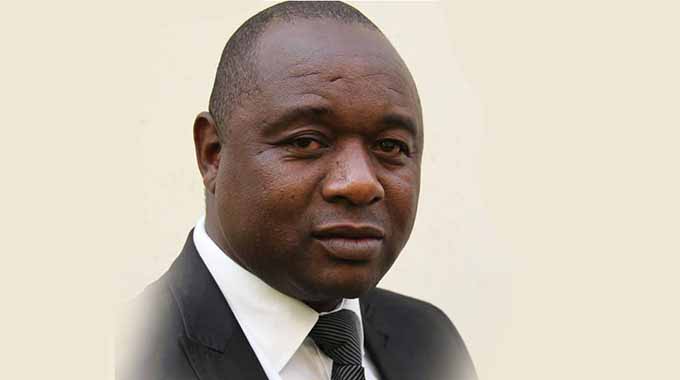
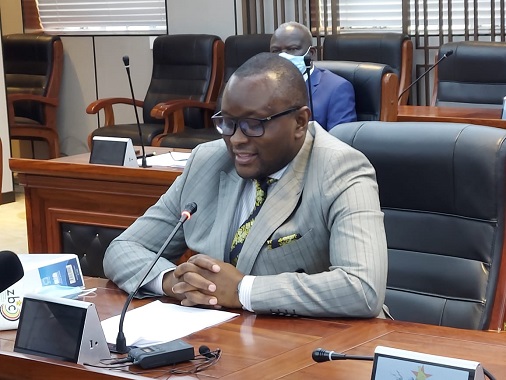
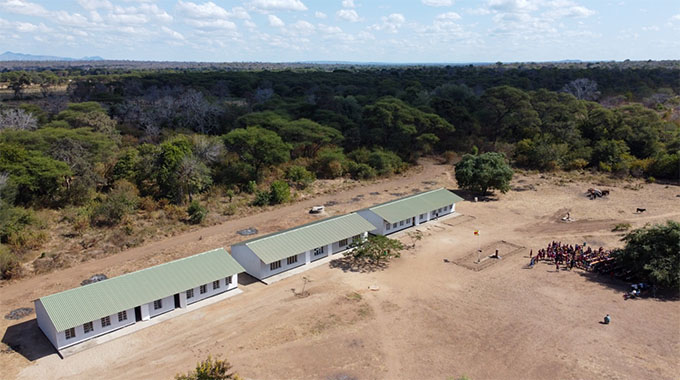
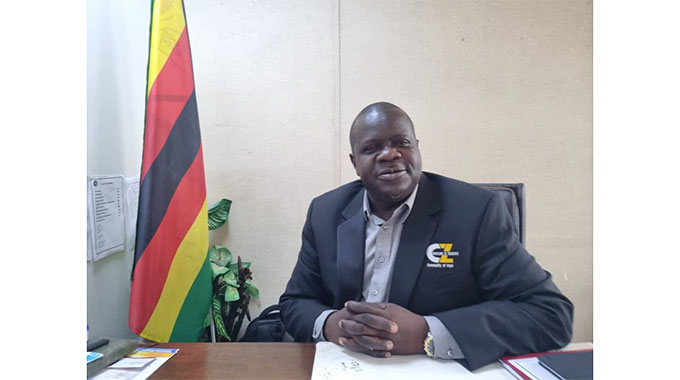
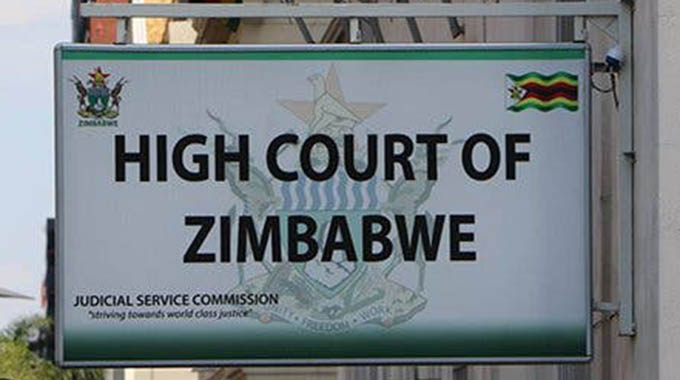

Comments